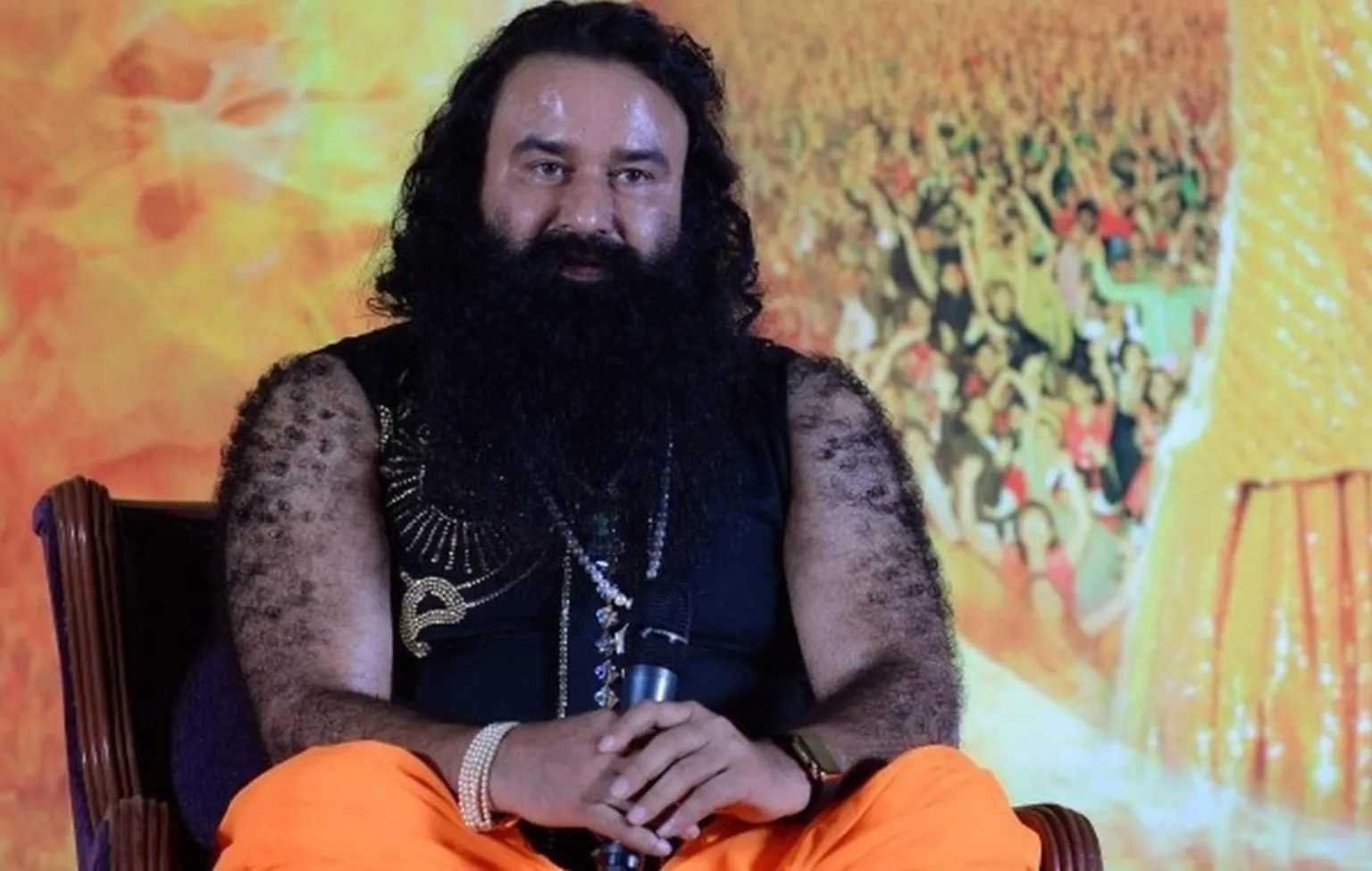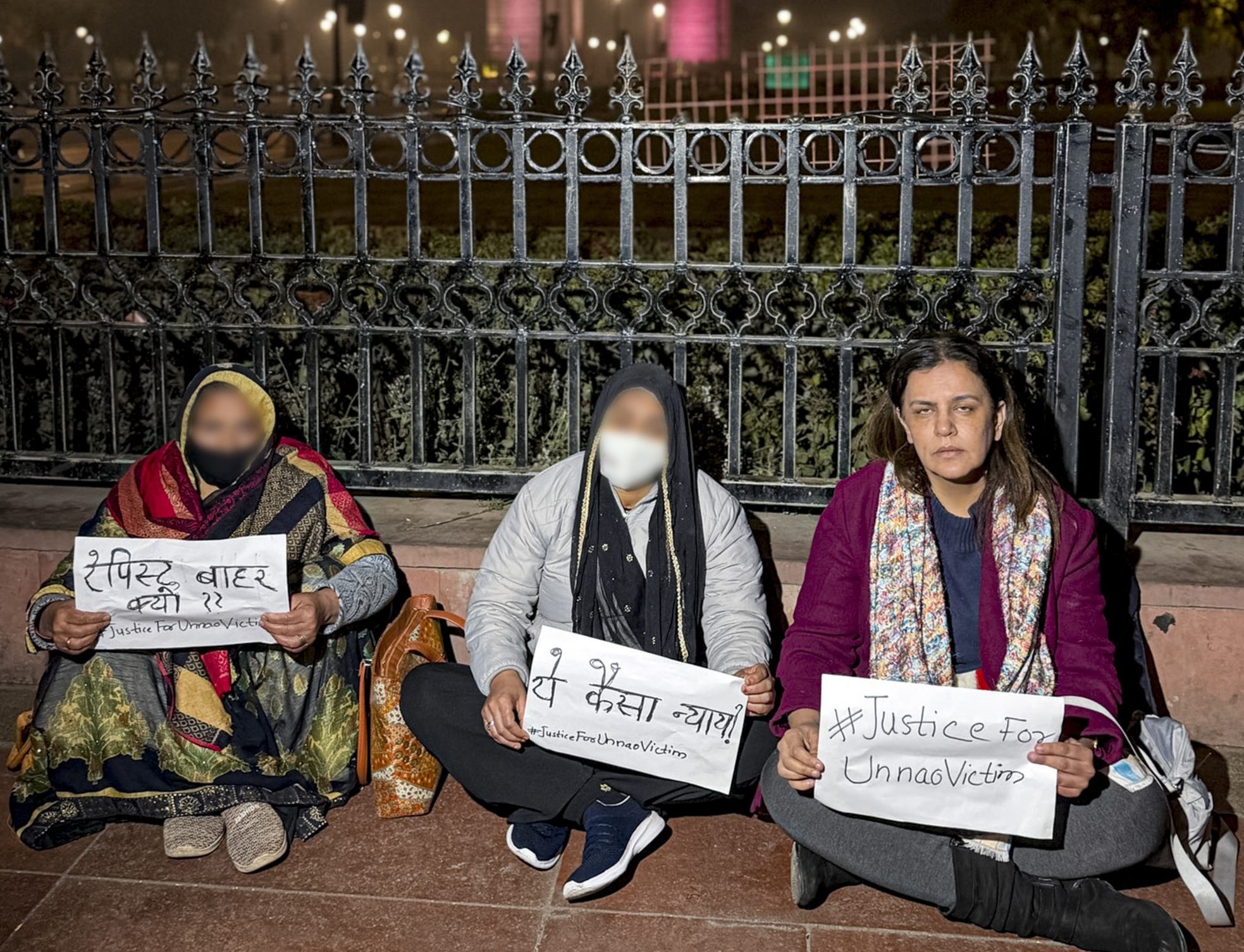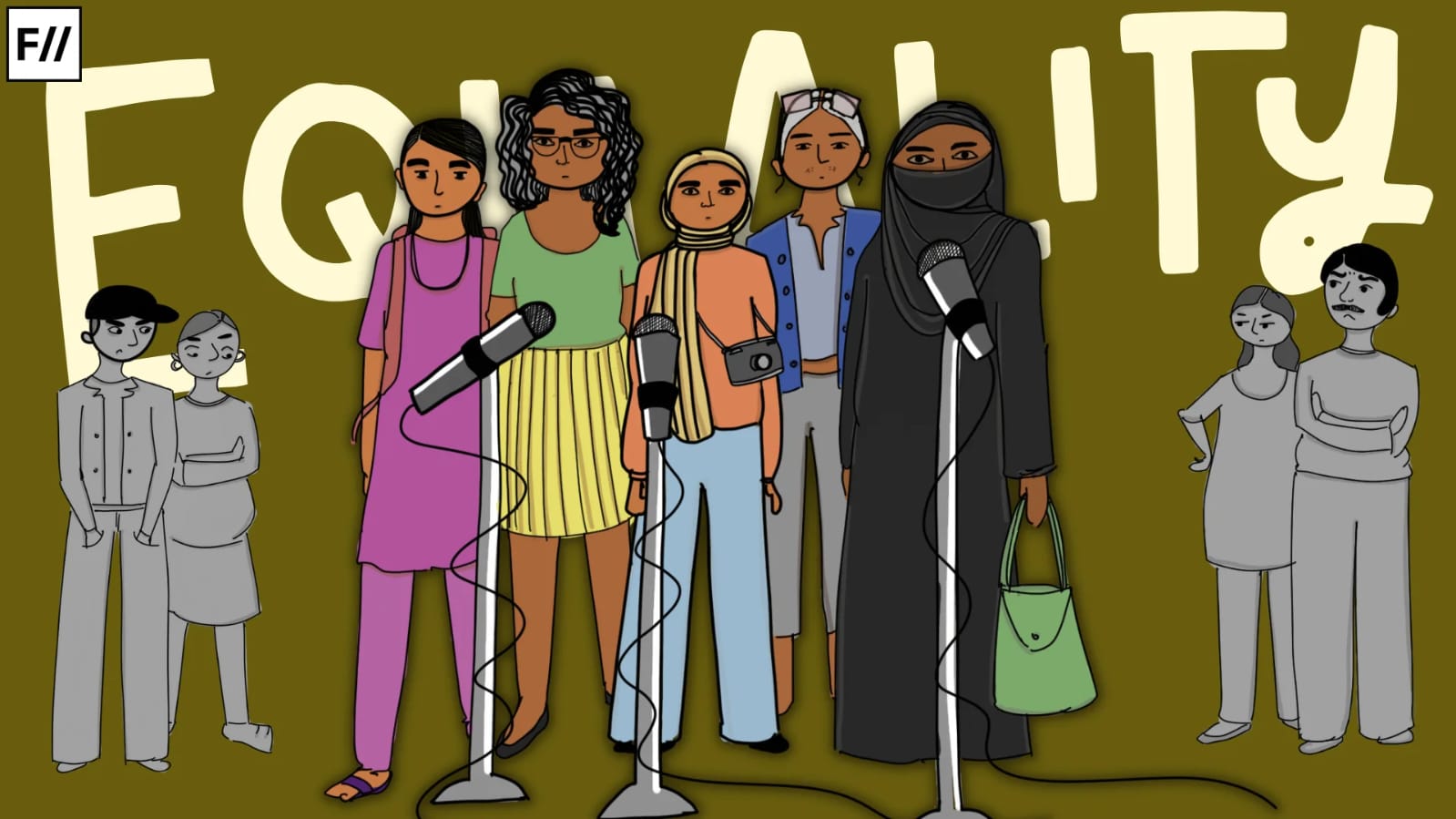Across the world, political and social unrest is the new reality. Currently India too is caught in the socio-political unrest regarding the recently passed Citizenship Amendment Act. Across the world too there has been a surge of protests, demonstrations and civil disobedience for various issues. The year 2019 was marked by the Women Marches across the world that redefined people’s movement and without one specific leader/language/country globally people came out to protest for women’s rights and violence against women. Whether it was the Mandal Commission protests against caste-based reservations or the more recent ones a few years ago after the Nirbhaya rape case in Delhi, most protests in India often turn to mobs and get violent. Breaking that mould after the initial few days of violence from all ends the recent anti-CAA protests all over the country have surprisingly turned out to be a people’s movement like it has never been anywhere in the world recently. However, sustained political violence (SPV) may have long-term mental health effects.
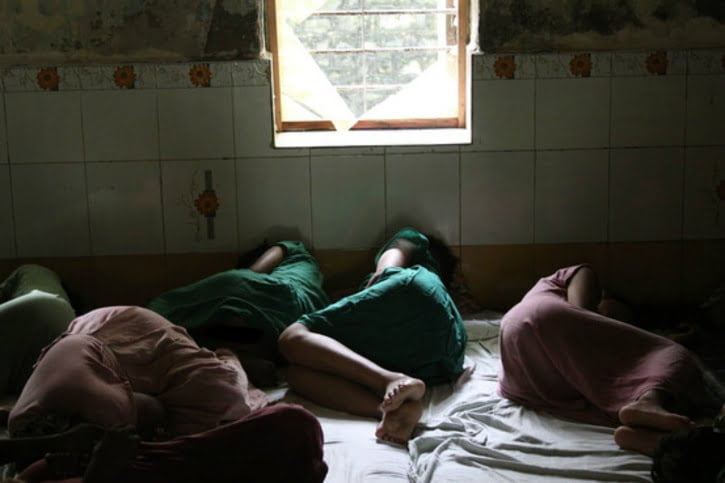
Often when local populations are exposed to traumatic events or are even witness to socio-political turmoil even if not directly affected they display symptoms of trauma disorders and conditions. The WHO (Five) Well-Being Index has a range of between 0 and 100, and 52 as the passing score. An acceptable mental health level is determined between 52 and 68 while above 72 showed a good status. After the recent political protests in Hong Kong the average score for the 2019 mental health index is 46.41 – below the passing score of 52.
Helplines for suicide prevention and psychological support often witness an increase in calls when such events unfold in a society. It is common to experience mild mental distress, also anxiety or problems with sleep show an increase. Often family relationships also get affected by social disputes and political differences of opinion.
Helplines for suicide prevention and psychological support often witness an increase in calls when such events unfold in a society. It is common to experience mild mental distress, also anxiety or problems with sleep show an increase. Often family relationships also get affected by social disputes and political differences of opinion.
Unrest and protests often also lead to disruption of routine life, socialising and even commuting to work become more stressful hence increasing anxiety. Also some people may lose temporary employment or assignments due to such unrest and increased unemployment invariably leads to adverse impacts on mental health.
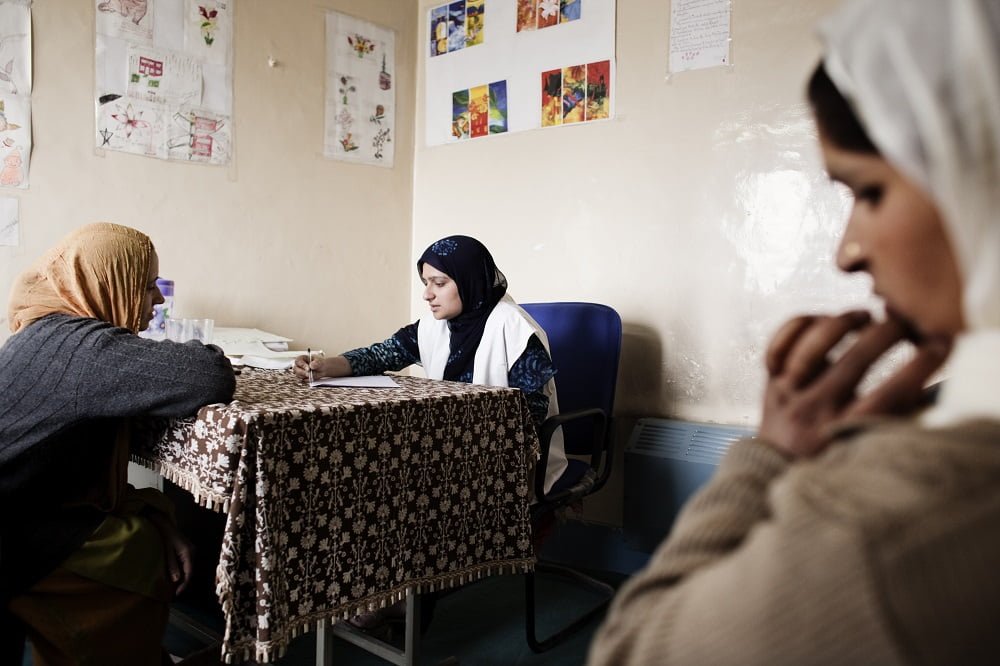
Students and youth who are directly involved in such unrest in large numbers are the most vulnerable group however professionals and/or family and friends who feel helplessness and also concern about the safety of those protesting might have their own share of stress and anxiety caused by it to deal with. It is never easy for anyone to see their familiar neighbourhoods turned into civic battlefields, their friends and colleagues become political adversaries and their familiar places engulfed in strife and violence. The society, organisations and institutions must join hands in order to prevent a social crisis becoming a public mental health crisis too.
Also read: Where Social Justice Meets Mental Health: How Does Caste Matter?
Mental Health Crisis Due To Social Unrest In Kashmir
Erstwhile state of Jammu and Kashmir was split into two union territories earlier this year, though the region has been witnessing conflict for several decades now. The constant war-like situation in the state has had several mental health implications for its residents. According to a survey conducted by MSF in 2015, nearly 1.8 million adults (45% of the adult population) in the Kashmir Valley show symptoms of significant mental distress.
Erstwhile state of Jammu and Kashmir was split into two union territories earlier this year, though the region has been witnessing conflict for several decades now. The constant war-like situation in the state has had several mental health implications for its residents.
According to a government report:
“…on average an adult in the Kashmir valley has witnessed or experienced 7.7 traumatic events during his/her lifetime. Exposure to multiple traumatic events was positively associated with depression, anxiety and PTSD.”
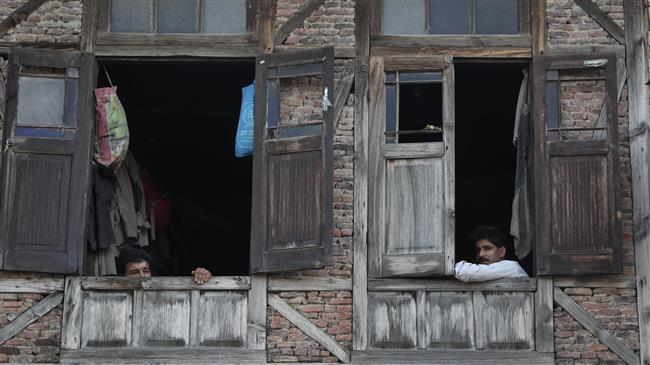
Currently Internet remains largely suspended since August 2019. Most educational institutions have been shut and people are forcibly home-bound. A mental health crisis accompanied by stigma, lesser or almost no access to mental healthcare, financial crisis and socio-political disturbances makes it a complex phenomenon in the region. The youth, women and children are most vulnerable in relation to mental health here. Since the status quo survives at many levels, there is constant loss of hope and robotic existence in fear which further isolates a survivor already going through a mental distress.
Also read: The Often Untold Journeys Of Mental Health Issues In The Kashmir Valley
Civilian trauma in the region is high and all over India the uncertainty imposed by the new Citizenship Amendment Act has triggered a wave of anxiety amongst all and if not addressed could thrust the entire society into an unprecedented mental health crisis.
Featured Image Source: The National
About the author(s)
Pooja Priyamvada is a columnist, professional translator and an online content and Social Media consultant. She is also a writer/poet/editor/ and a bi-lingual blogger formerly also radio announcer and lecturer. She has an M.Phil. in English Literature from Panjab University and speaks vociferously about issues of gender, identity and marginalisation at a wide variety of platforms and mediums. A single parent and fibromyalgia survivor, she believes that she derives her strength from being a voracious reader and a tea connoisseur. Both her blogs have been awarded several times consecutively at the Orange Flower Awards and she has been associated with reputed national and international online addresses like The Mighty, Menstrupedia, Women’s Web, Feminism In India, ShethePeopleTV, Momspresso, Sheroes, Bonobology, Writersmelon and Sadaneera. Her translation titled A Night in the Hills, a collection of short stories by Manav Kaul has been published by Westland Books recently, besides she also translates for other forums like the Sahitya Akademi and The Raza Foundation. She is the author of an e-book Mental Health: A Primer. Her poetry and fiction have been published in several reputed online journals and print anthologies in India, UK and Canada and a few poems can be read with a hot cup of coffee on the walls of The Human Bean Cafe, Cobourg, Toronto. She has been featured amongst “10 Indian Women Bloggers you must follow” and “25 writers whose work readers enjoyed the most” at Women’s Web in 2018 and also in “Most empowering moments by Indian women” by SheThePeopleTV .

